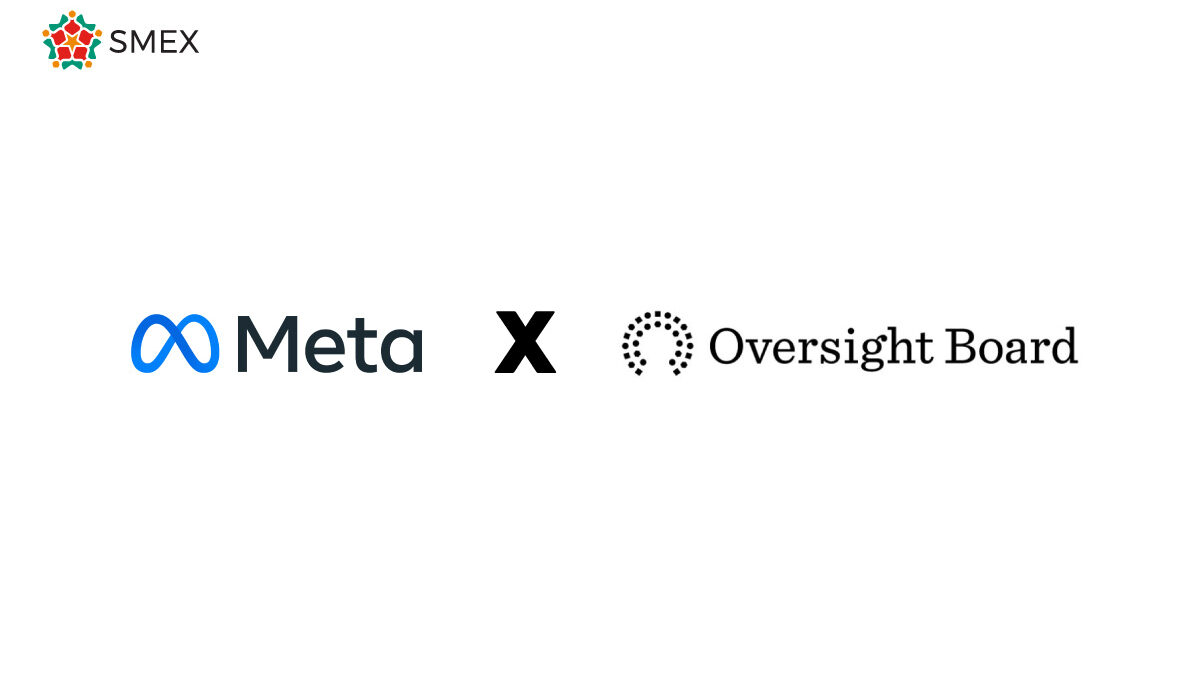Following the Oversight Board’s Policy Advisory Opinion (PAO) on the use of the term “shaheed,” Meta published its response to the Board’s recommendations. While civil society welcomed the OSB’s Policy Advisory Opinion, Meta’s response was inadequate in terms of implementing a roadmap for concrete actions and greater transparency.
The main shortcomings in Meta’s response are the use of ambiguous and vague language, lack of transparency in implementing recommendations, and unclear thresholds in content moderation. For years, civil society has been asking Meta to disclose its lists of 1) Dangerous Organizations and Individuals (DOI) and 2) the terms/phrases fully banned on its platforms. Meta continues to refuse such disclosure. Although Meta’s decision not to apply a blanket ban on the term “shaheed” is promising, the company’s long history of bias against Arabic language content is undeniable and needs to be addressed effectively.
In its response, Meta discusses the measures to be taken in using broad and non-specific terms, and without explaining how it will implement the Board’s recommendations in practice. In Recommendation 1, Meta argues that it is difficult to draw the line between violation and neutral discussion in certain instances, such as the depiction of arms. Such a position comes across as an excuse by the company to ignore users’ right to freedom of information and expression. It completely disregards the aspect of newsworthiness that allows the sharing of pertinent information.
As for Recommendation 4 about the Dangerous Organizations and Individuals (DOI) list, Meta’s response is completely inadequate. Meta claims it has published information regarding the DOI list but has yet to provide aggregated information. As a pretext, they argue that the metrics could be misinterpreted without the list’s previous publication, although they deny such publication. This logic, however, misses our demand for greater transparency and accountability. Although the Oversight Board did not specifically request the publication of the DOI list in its PAO, as it did in the “Nazi quote” case, Meta claims that providing information about the list, as asked by the OSB, without publishing the list itself would be “information without meaning” that could be “misinterpreted.” This argument is unacceptable and the list, alongside information explaining the list should be made public. Meta also completely ignores the OSB’s questions regarding the thresholds for automated content removal, raising more suspicions about biased content moderation systems, especially for Arabic language content about Palestine.
Even when it comes to the recommendations the company suggested it will implement in full, the use of vague terms is alarming. Pursuant to Recommendation 2, several examples need to be included to further clarify the prohibition of “unclear references,” but no timeline for such inclusion is mentioned. Addressing Recommendation 5, the company describes in some detail what contributed to the policy development regarding removing entities from the list but falls short of giving concrete information about the process. In addition, associating Meta’s “delisting” mechanisms with US politics is considered biased against Muslim and Arab-speaking populations.
All in all, Meta’s response is far from satisfying. It confirms the company’s well-established record of denying its users the transparency that would permit a comprehensive understanding of Meta’s stand on the much-discussed term “shaheed.” Without disclosing concrete information about how it will proceed with the Oversight Board’s recommendations, the company provides an incomplete and misleading response.
Our call to Meta
- Publish the DOI list in full transparency and the methods used to include or remove any individual or entity.
- Publish the list of banned terms and methods used to include these words in the list.
- Full transparency regarding the implementation of the OSB’s PAO with concrete outcomes, regular updates, clear goals, and timelines.



